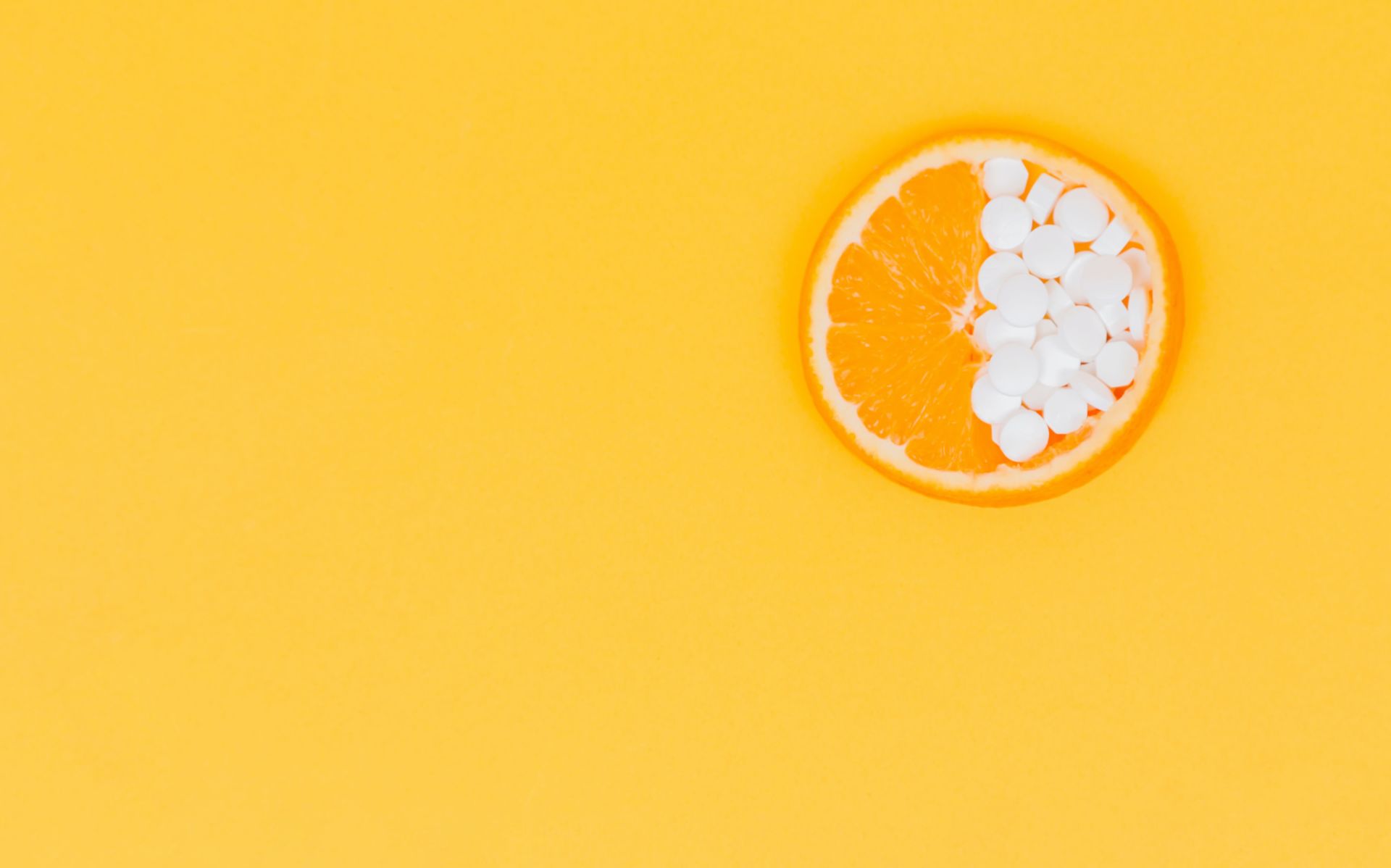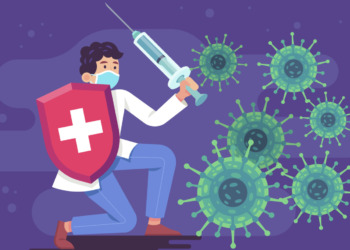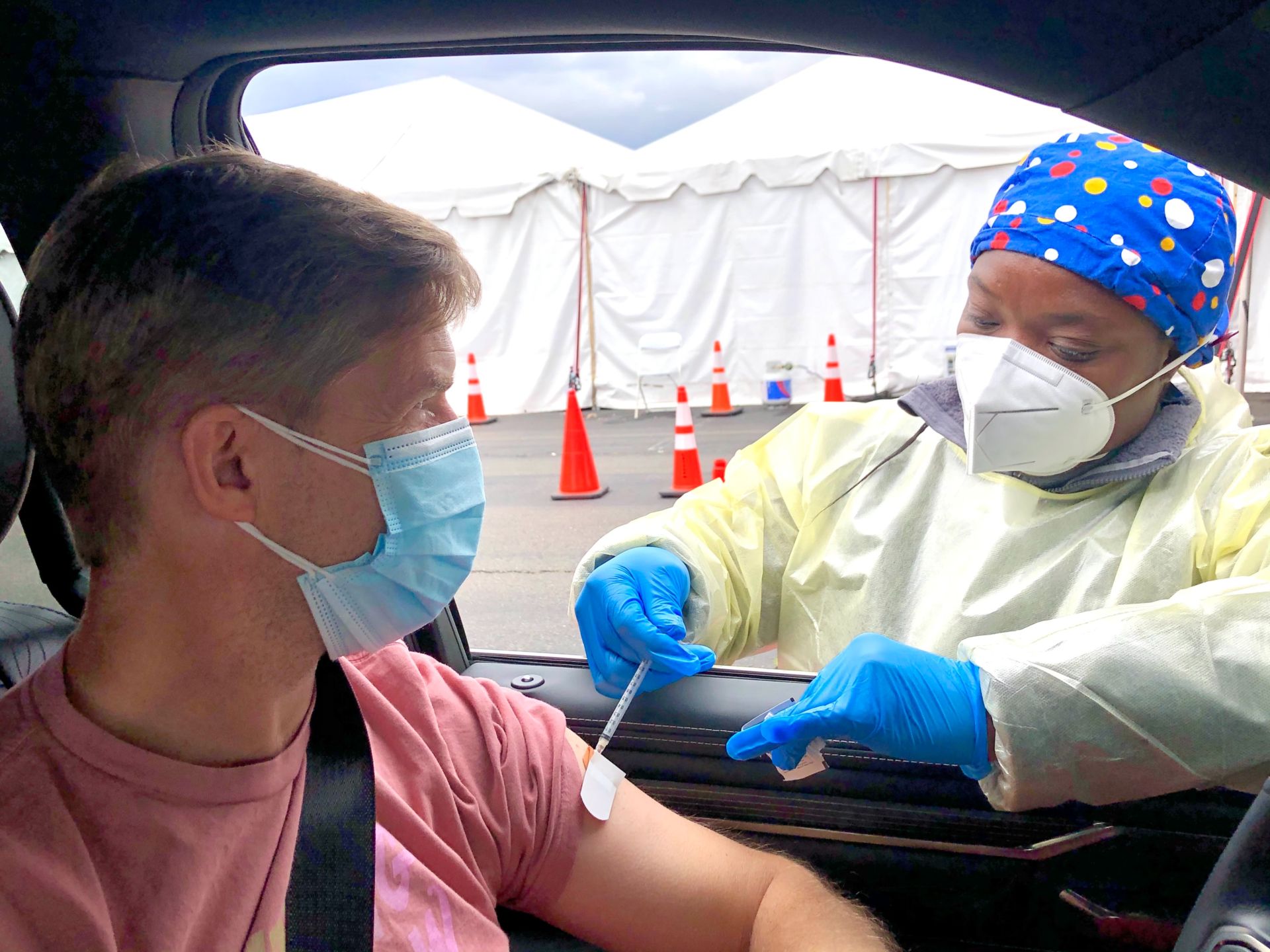Vegan Diet and Kids
Nutrition in childhood plays a crucial role in the quality of health in the long run later in life. Is a vegan diet safe for children? This question might raise concern for young parents as we all want the best for our children. Children’s bodies and minds are developing and growing every day, unlike adults, who have already passed that stage of life. Nonetheless, children are also humans, they belong to the same species. Therefore, a balanced vegan diet is not just appropriate for children but also can bring tremendous health benefits in terms of preventing diseases like diabetes, cancer, and heart disease. Find good information here about fasting and diet tips for weight loss.
Do health institutions approve of vegan diets for kids?
The American Academy of Pediatrics states that a vegan diet can be appropriate for all ages and levels of life. Research shows that numerous experts concluded that infants and children of all ages can safely follow vegan diets without compromise of nutrition or growth and with some notable health benefits.
Both, The Academy of Nutrition and Dietetics and The British Dietetic Association have also expressed that well-planned vegetarian and vegan eating patterns can be healthy and appropriate for all stages of the lifecycle, including infants and toddlers, and can support healthy living in people of all ages.
What is the difference between vegan kid’s and vegan adult’s nutrition?
The younger the kids are, the bigger the difference is going to be between their nutrition and adults’ nutrition. From the very beginning of life until the age of 3 years, children need to consume more fat. Whilst adults can thrive on low-fat diets and be healthy, children, on the other hand, need that fat for their brain growth and development. Up to 35% of their daily calorie intake should come from healthy fats, whereas adults and teenagers need only 10-15% of calories coming from fat daily.
Children also need slightly more protein than adults in the first years of life because of body tissue and muscle growth.
Kids can easily meet their caloric needs in terms of fats and protein on a vegan diet by incorporating high-caloric wholefoods such as nuts, seeds, legumes, and wholegrains, along with healthy carbs found in whole fruits and vegetables.
Can Infants Be Vegan?
Pediatricians and researchers agree that the ideal food for a human baby is breast milk. Drinking breast milk from a birth mother is 100% vegan. However, there are cases when breastfeeding is not possible. In that case, there are breast milk banks, which collect, examine, and process human milk donated by nursing mothers who are not biologically related to the children getting the milk. If that option is available in your region, it would be safe and healthy for an infant. Furthermore, a lot of vegan soy-based formulas are also available on the market these days. It is essential that infants get either breast milk or formula for appropriate nutrition. You absolutely cannot substitute a baby formula with any kind of non-dairy or even just usual dairy milk. Thus, infants can eat only vegan products and be safe when taking breast milk or a soy-based formula.
Important Nutrients for Kids on a Vegan Diet. What to supplement?
 In the photo: Supplements. Photo credit: Diana Polekhina on Unsplash.
In the photo: Supplements. Photo credit: Diana Polekhina on Unsplash.
Check out this Rootine’s personalized and customed vitamins list:
Vitamin B12
B12 is the only supplement people of all ages, including children, can’t get on a vegan diet. It is necessary to supplement adequately for nursing mothers so that it can pass through the breast milk to the baby. As soon as the baby is not fully breastfed anymore, you can easily supplement B12 in the form of tablets, capsules, or liquid.
Vitamin D
Vitamin D is a hormone that we are supposed to synthesize in our body after sun exposure. This vitamin has almost nothing to do with food. However, it is an important vitamin to watch out for, and if you live in a cold climate with a little sun exposure, supplementation might be necessary for kids as well as for adults. Dr. Gregor, MD, recommends supplementing 2000 IE of Vitamin D for adults per day.
Iron
There is no need to supplement iron, as long as vegan children include iron-rich foods in their diet. For example, foods such as whole grains, green vegetables, fruits, beans, lentils, nuts and nut butter, seeds, cooked tomatoes, mushrooms, and potatoes, along with Vitamin-C sources to boost iron absorption.
Calcium
There is a common belief that children need to consume dairy products to get enough calcium. However, dairy doesn’t come with just calcium alone but also contains significantly higher amounts of protein than human kids need, hormones, and toxins, which can not be avoided even through the pasteurization process. These factors are associated with health risks, so avoiding dairy can benefit children by ensuring correct hormone levels and endocrine functions. Beans and green vegetables are high in calcium and, unlike dairy, they also contain other vitamins, minerals, and phytonutrients that benefit overall health. There is no need to supplement calcium in a balanced vegan diet for kids.
Omega 3
Omega 3 fatty acids are important for proper brain function and development, as well as for avoiding cardiovascular and endocrine problems in the future. Omega-3 is present in fish as well as in plants. There is no need to supplement omega-3 as long as vegan kids eat algae, chia, flax and hemp seeds, walnuts, avocados, or soybeans on a daily basis. However, some children are picky eaters and they might not like any of these foods. In this case, there is a lot of plant-based omega 3 supplements for children available.
Key Takeaways
A well-balanced vegan diet is great for children as well as for adults, in case you need supplements you might want to check out this Metabofix reviews. What does a well-balanced vegan diet mean? It is:
- a whole food plant-based diet with a balance between carbohydrates, fats, and proteins. These are macronutrients, which we need to consume in order to thrive. All of them can be found in whole plants.
- Consuming mainly whole plants with a small number of minimally processed foods, like tofu or whole-grain pasta.
- Avoiding heavily processed food like potato fries, chips, candy, and artificial meat and cheese substitutes.
- A diet that is naturally low in cholesterol and saturated fat, which reduces the chance to get heart disease and diabetes in the future.
Whole plants are filled with fiber, which is absent in animal foods, along with vitamins, minerals, and antioxidants, which will help your child to grow and set a solid beginning of a healthy life.
Editor’s Note: The opinions expressed here by Impakter.com columnists are their own, not those of Impakter.com.



 In the photo: Supplements. Photo credit:
In the photo: Supplements. Photo credit: 






